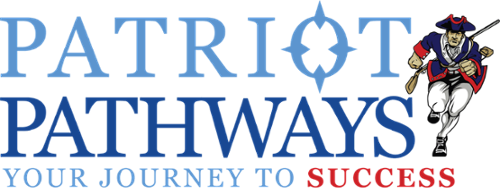
The QEP is required as part of the accreditation process by the Southern Association of Colleges and Schools Commission on Colleges (SACSCOC). It provides Isothermal with an excellent opportunity to improve and enrich our overall institutional quality and effectiveness.
Isothermal Community College, a member of the North Carolina Community College System (NCCCS), is a comprehensive, two-year, public institution that serves individuals in Rutherford and Polk Counties. Isothermal offers more than sixty certificate, diploma, and degree curricula serving approximately 2,000 students. The core of the College’s mission is to improve lives through learning, creating a higher quality of life in its service region.